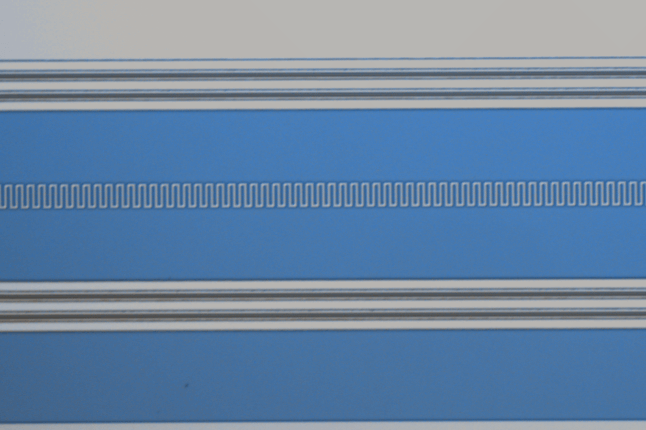News
SEAS Ph.D. students Abigail Jiang and Aayush Karan have been named to the 2024 Class of Paul & Daisy Soros Fellowships for New Americans
Abigail Jiang and Aayush Karan are both interested in how different scientific disciplines interact to enable cutting-edge technology. For Jiang, it’s the combination of chemistry and physics to create new materials that could transform electronic and energy devices. For Karan, it’s the intersection of computer science and quantum physics to improve generative machine learning models, such as the DALL-E image creation software.
“My work is about exploring and synthesizing new materials that literally don’t exist in nature,” said Jiang. “You can find crystals and minerals that exist naturally, but often you want to harness and combine elements into structures that allow you to design new properties and functionalities like superconductivity.”
Both Ph.D. students at the Harvard John A. Paulson School of Engineering and Applied Sciences, Jiang and Karan were among 10 current or former Harvard students named among the 2024 Class of Paul & Daisy Soros Fellowships for New Americans. The program selects 30 immigrants or children of immigrants each year to receive up to $90,000 in funding for graduate studies.
“The one massive benefit that it provides is that because it’s an external source of funding, it gives you a lot of flexibility to pursue any different research projects that you want,” Karan said. “I have a lot more flexibility to collaborate with different professors and explore the full stack of what I’m interested in.”
Jiang, whose parents moved to the U.S. from China, is an applied physics student working in the labs of Julia Mundy, Assistant Professor of Physics and of Applied Physics, and Jarad Mason, Assistant Professor of Chemistry and Chemical Biology. After finishing their undergraduate studies at Caltech, Jiang joined SEAS last fall.
“It’s a really wonderful time to be part of both research groups,” Jiang said. “I’m excited to contribute towards a project that is collaborative, that allows me to work in both physics and chemistry, which are two fields I’m really passionate about. Boston is also a place where there are so many universities and graduate students, and I’d never experienced such an academic city before.”
Karan, a child of immigrants from India, is part of the quantum science and engineering Ph.D. program at SEAS, and is advised by Sitan Chen, Assistant Professor of Computer Science, and H. T. Kung, William H. Gates Professor of Computer Science and Electrical Engineering. After finishing his undergraduate degrees in mathematics and physics with a concurrent master’s in computer science at SEAS, Karan joined the quantum science and engineering program that was launched in 2021. His research looks at how quantum computing can enhance generative machine learning algorithms, which can create, for example, new images by learning distributions from large preexisting datasets.
“In general, we’re trying to leverage the weird physical properties that quantum mechanics has, such as the ability to superimpose many different things onto the same physical object, to get better computing advantages,” Karan said. “One thing quantum computers have promised to offer a lot of advantage in is being able to provide a more efficient manner of sampling complex distributions. I’m hopeful that quantum samplers can provide some sort of novel hardware that can cut down a lot of the energy-costs that these machine learning models require.”
This is the third consecutive year current or former SEAS students have been awarded Paul & Daisy Soros Fellowships. Juliet Nwagwu Ume-Ezeoke, S.B. ‘21, and Jimmy Lin, A.B. ‘22 were both part of the Class of 2023.
Topics: Applied Physics, Awards, Quantum Engineering
Cutting-edge science delivered direct to your inbox.
Join the Harvard SEAS mailing list.
Press Contact
Matt Goisman | mgoisman@g.harvard.edu



